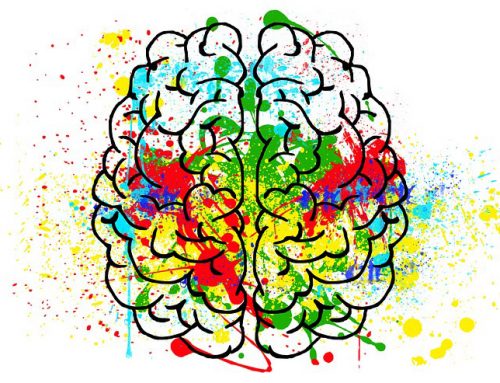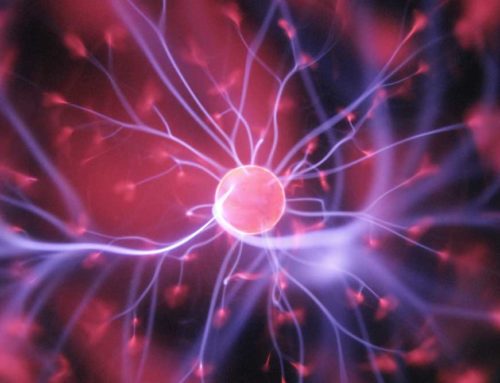A Pilot Study of Gender Differences in Neuroinflammation in Autism
2020 Award: $50,000
Autism spectrum disorder (ASD) impacts the functioning of brain regions that process social information, but the reasons for this are unclear. In this project we will examine whether inflammation in brain regions that process social information contributes to social impairments in ASD and whether there are sex differences in brain inflammation in ASD. Results will indicate whether treatments that impact inflammation may be beneficial for those with ASD.
Need/Problem: Autism spectrum disorder (ASD) is an etiologically heterogeneous disorder that affects 1 in 54 individuals and confers a lifelong burden to most affected individuals and their families. The brain basis of ASD remains poorly understood.
Grant Summary: We will use combined positron emission tomography (PET) and functional magnetic resonance imaging (fMRI) brain imaging to examine whether ASD is characterized by brain inflammation, whether brain inflammation interferes with fMRI responses to rewards in ASD, and whether there are sex differences in brain inflammation in ASD.
Goals and Projected Outcomes: Insight into brain inflammation in ASD will further our understanding of symptoms of decreased social motivation in ASD and will suggest whether interventions that target inflammatory pathways may hold promise in ASD.

Gabriel Dichter, PhD
Grant Details: Autism spectrum disorder (ASD) is characterized by decreased social motivation, a symptom that is linked to disruptions in functioning of brain reward circuits. One possible cause of these brain circuit disruptions is brain inflammation (neuroinflammation) given that research in other disorders has shown that neuroinflammation interferes with brain reward circuit functioning. Though there are multiple lines of indirect evidence that ASD is characterized by neuroinflammation, nearly no studies have tested this using PET imaging, and none have combined PET imaging with fMRI or looked at sex differences in neuroinflammation in ASD.




